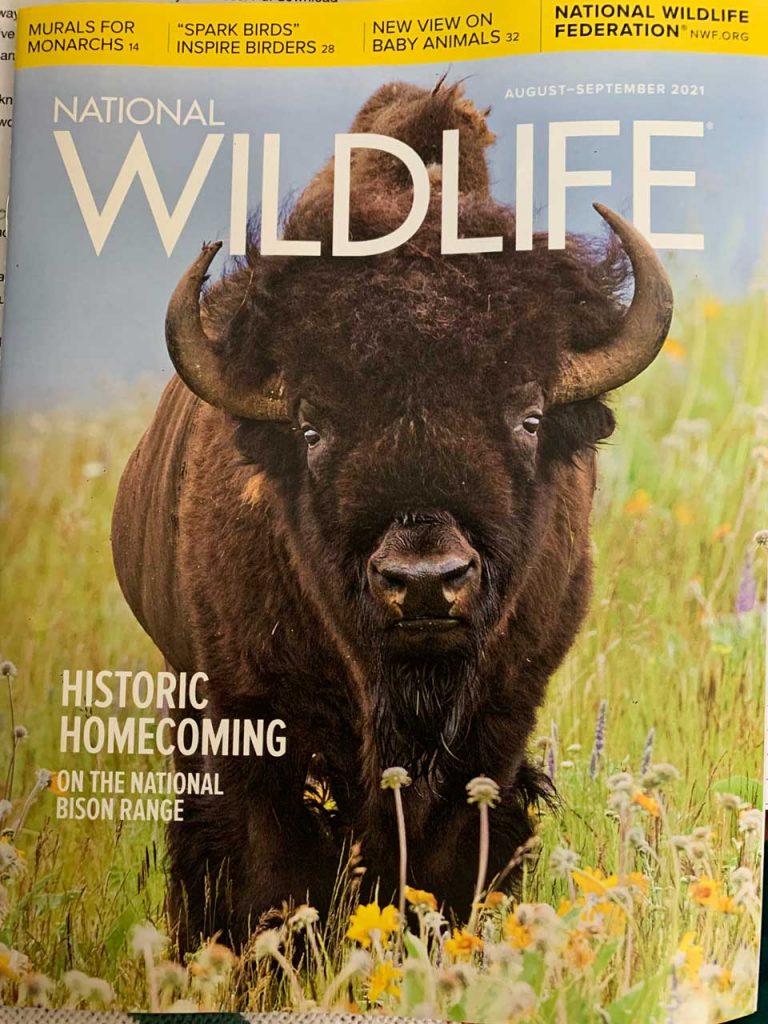Change MY Name??
I just spoke with a woman who wonders how she will handle her future married status’ name change. Where did this idea come from and…
I just spoke with a woman who wonders how she will handle her future married status’ name change. Where did this idea come from and why should it be such a big deal?
It began to surface in English common law in the ninth century. That’s when lawmakers began to consider the legalities surrounding personhood, families, and marriage. It is also when women’s selfhood further eroded, as it become Common Law.
Common Law recognizes unions created by mutual agreement and public behavior. There are many Common Laws, mutable by each State of the Union and normally based only in public behavior, while being maintained by elected Judges.
Becoming tradition, this doctrine of coverture https://en.wikipedia.org/wiki/Coverture proclaimed women had no independent legal identity apart from their spouse. It actually began upon the birth of a female baby – who was given her father’s surname – changing only at her marriage, at which point her name was automatically changed to that of her new husband.
So far back in time, the doctrine of coverture merged requiring women thereafter to be considered “one” with their husbands, and to assume the husband’s surname as their own. Women were then prevented from entering into contracts, engaging in litigation, participating in business, or exercising ownership over real estate or personal property.
This caused a feminist uprising occurring in time with the passage of Married Women’s Property Acts in several U.S. states in the mid-1800s. Under these acts, women gained individual legal status for purposes of signing contracts, engaging in business and commerce, and making purchases to acquire property. Since, the woman’s name had its own independent legal significance, the number of women opting to retain their birth name began to rise.
Much, much later, in the 1970’s a Tennessee Judge ordered a woman be free to use her given name to registering to vote. Around the same time, the prefix “Ms.” emerged, allowing women to assert their identity apart from their marital status.
Today, 20% of American women retain their birth name after marriage. A lower percentage than in the 1970s and 1980s. Back then, many women saw keeping their birth name as an equality issue. For today’s brides the choice is more practical, rooted in professional identity.
The future of married surnames remains to be seen, with the advent of gay marriage. While many newlyweds choose to retain their birth name, some couples have opted for the non-traditional route of combining parts of both surnames to create a totally new identity.
Your identity is more than the names you use when asked, “What’s your name?”
I believe it should not be coded to tell your life story, as in Mrs. or thoroughly modern Ms.
Sovereignty is your full right and power over yourself, without any interference from outside sources or bodies.

Your name, repeated over and over by you and others, always referring to you and only you, wears on you and your sense of identity. You are the sum of your accomplishments. Commonly, you are a sensitive creature with emotions directing you to a feeling of peace and contentment. I suggest you maintain your sovereignty.
As always I welcome your comments.
Today’s Wardrobe Tip: When you mistakenly put a white garment in the wash with new clothes that bleed color onto your whites, don’t despair. Use a product called OUT White Brite. It removes rust, yellowing, red clay and color bleeds. It’s important to completely follow the directions. It works like magic.
Today’s blog is taken in-part from:
Stephanie Reid, https://seattlebridemag.com/expert-wedding-advice/history-behind-maiden-vs-married-names
Wikipedia.https://en.wikipedia.org/







